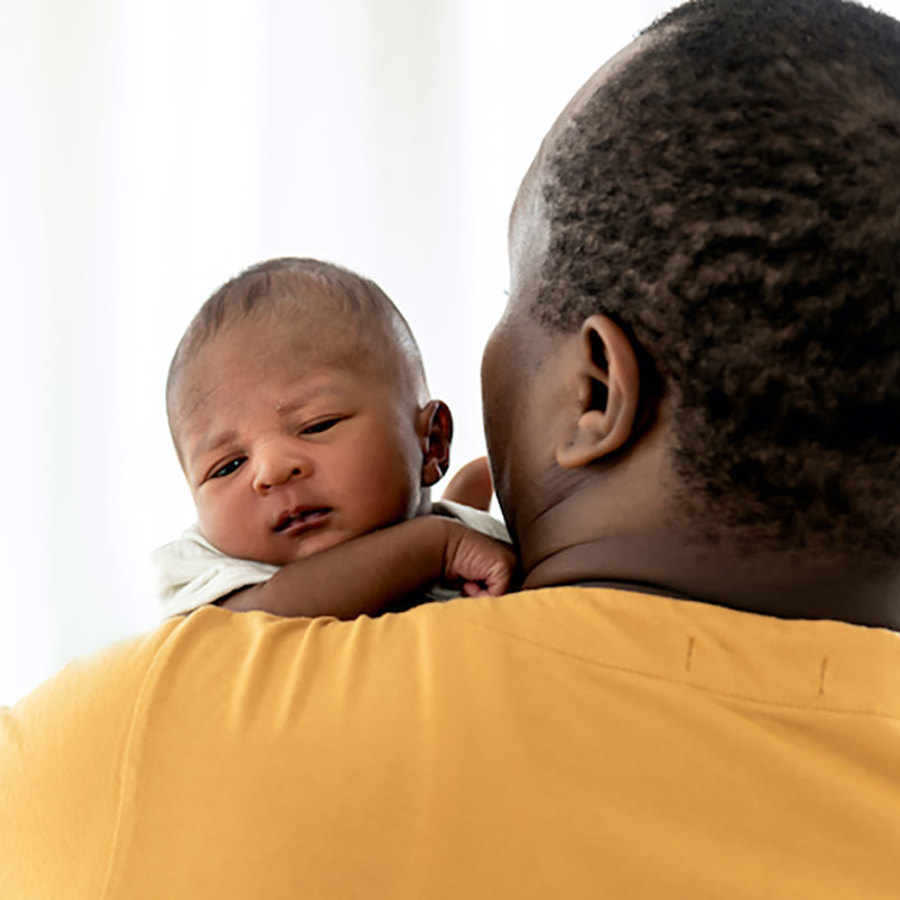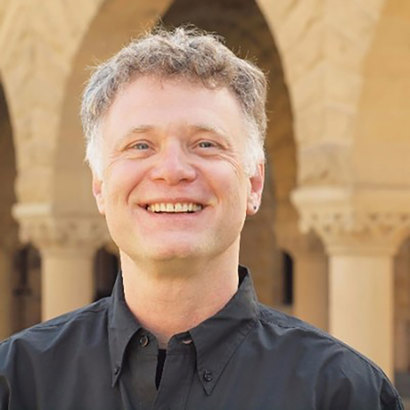
What are the chances that my child will inherit CBAVD?
January 21, 2005

- Related Topics:
- Medical genetics,
- Genetic conditions,
- Cystic fibrosis
A curious adult asks:
“My husband has CBAVD, and possibly atypical Cystic Fibrosis. What are the statistics of numbers of people who have CBAVD and Cystic Fibrosis and/or are a carrier? Also, what is the likelihood our son will have CBAVD?”
To know for sure what your child’s chances are of inheriting a genetic disorder, especially a complicated one like CBAVD, the first thing you should do is talk to a doctor or genetic counselor.
Cystic fibrosis (CF) happens in about 1 in 3500 live births for Caucasians, 1 in 9,500 for Hispanics, and less than 1 in 15,000 for Africans and Asians in North America. In some parts of England, the number goes as high as 1 in 377 live births. What this translates to is around 70,000 people worldwide dealing with CF.1
The numbers for being a carrier are much higher. Remember, a carrier is someone who doesn't have the disease but can give their children the disease (if the other parent is a carrier as well). About 1 in 28 North American Caucasians and 1 in 61 African-Americans is a carrier.
It is pretty hard to find statistics on CBAVD; the only real numbers I could find was that around 1.5% of male infertility comes from CBAVD.2
This makes sense as CBAVD, or Congenital Bilateral Absence of the Vas Deferens, affects something in men called the vas deferens. The vas deferens are tubes that move sperm away from the testis. Without them, the sperm is left in the testis (a vasectomy is performed by cutting the vas deferens).
About 80% of CBAVD and nearly all CF cases are caused by mutations in the same gene, CFTR. Like most other genes, the CFTR gene makes a protein. CF is caused by a mutation in the CFTR gene that causes it to make a protein that doesn’t work.
In fact, to get full blown CF, both of your copies of the CFTR gene need to have the mutation that makes dead protein. (Remember, we have two copies of most of our genes, one from mom and one from dad.)

CBAVD is much more complicated than CF. CBAVD often happens when there is still some CFTR protein around that works, but it does not work well enough. This is caused by mutations in the gene that lead to:
- Less protein being made
- A weakened protein being made
- A combination of the two
To complicate things further, CBAVD can happen because of mutations in either one or both copies of someone’s CFTR gene. This is why it is so hard to predict the chances of someone getting CBAVD. (This didn’t used to be a concern because most men with CBAVD are infertile. With the advent of assisted reproductive technologies, men with CBAVD are starting to have children who may inherit the mutations in their genes.)
So what are the chances of your son ending up with CBAVD? It depends on why your husband has CBAVD and whether you are a carrier or not.
Let’s look at an example to try to get an idea of how complicated this all is. Let’s say your husband has CBAVD from a mutation in one copy of his CFTR gene and that you are not a carrier. Then there is a 1 in 2 chance that he will pass his gene onto your child.
If you are a carrier, then things get a bit more complicated. If the mutation you have does not lead to CBAVD on its own, then there is a 1 in 2 chance that a child will inherit the mutant gene from your husband, a 1 in 4 chance they will end up getting a mutant copy from both of you possibly leading to CF, and a 1 in 4 chance of your child getting two “normal” copies of the CFTR gene.
This is probably too simple, as other unknown genes may affect whether a CFTR mutation will lead to no disease, CBAVD, or CF. And the examples only get more complicated from there.
As you can tell, it is really hard to figure out the chances of someone getting CBAVD without knowing all the facts about both parent’ CFTR gene. Even with that knowledge, it may be impossible to accurately predict. It might help to talk all of this over with a genetic counselor (you can find one here). A genetic counselor can tell you about your medical options as well as help you to make a decision that is right for you.

Author: Dr. Barry Starr
Barry served as The Tech Geneticist from 2002-2018. He founded Ask-a-Geneticist, answered thousands of questions submitted by people from all around the world, and oversaw and edited all articles published during his tenure. AAG is part of the Stanford at The Tech program, which brings Stanford scientists to The Tech to answer questions for this site, as well as to run science activities with visitors at The Tech Interactive in downtown San Jose.
 Skip Navigation
Skip Navigation
